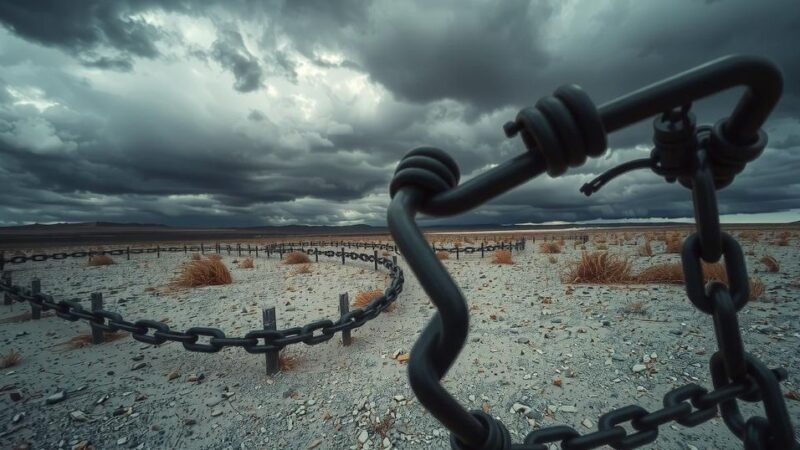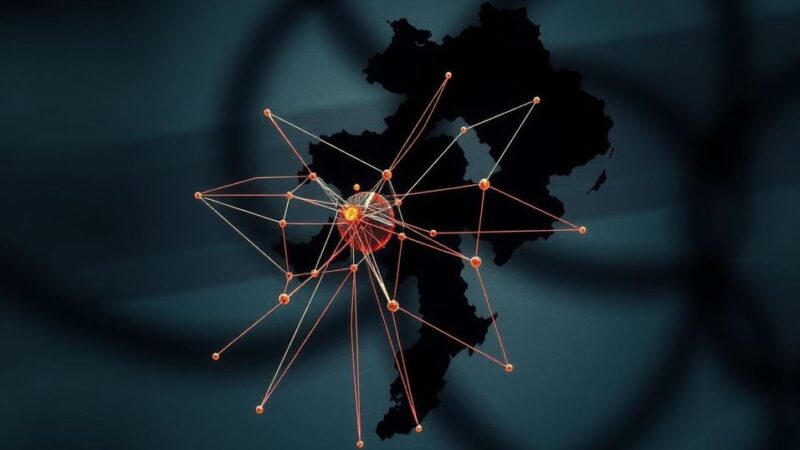The Democratic Republic of Congo’s Tutsi population faces severe discrimination amidst the M23 rebellion, which claims to protect them while committing atrocities. Historical ties to neighboring Rwanda exacerbate tensions, complicating their status as Congolese nationals. Activists highlight ongoing discrimination and violence against Tutsis, calling for acknowledgment of their rights and identity within DR Congo’s societal landscape.
In the eastern Democratic Republic of Congo (DR Congo), the M23 rebel group has intensified unrest, seizing key cities and displacing hundreds of thousands. They claim to protect ethnic Tutsis, who face widespread discrimination, yet their tactics have led to severe allegations of war crimes, including civilian killings. Global authorities have responded by sanctioning M23 leaders, emphasizing the complexity of the situation where allegiance to Tutsis is questioned amidst a backdrop of ethnic violence and exploitation of mineral wealth.
DR Congo is home to a significant Tutsi population, many of whom reject the M23’s violent actions. Despite this, Tutsis and their sub-group, the Banyamulenge, have faced decades of oppression marked by ethnic killings and hate speech. The roots of this discrimination stem from historical ties to Rwanda, where a Tutsi-led government has operated since 1994, further exacerbating local tensions.
The horrific narratives shared by individuals like Bukuru Muhizi depict a community experiencing modern-day persecution, which he boldly characterizes as a “silent genocide.” Similarly, Muragwa Cheez Bienvenue recounts personal encounters with discrimination, amplifying the perception of Tutsis as outsiders, despite their long-standing history in the region. For generations, families have witnessed targeted violence largely due to their Tutsi identity.
Historically, the Tutsi presence in DR Congo was influenced by various migrations due to colonial practices and ethnic conflicts in neighboring countries. Notably, they have also been victims, fleeing the thematically violent landscape of Rwanda and Burundi, seeking refuge from persecution since before the Rwandan genocide of 1994.
The political landscape has not been supportive of Tutsi rights; in fact, inconsistencies in citizenship and recognition have isolated these communities. Although the constitution acknowledges Tutsis as Congolese nationals, systemic discrimination and violent attacks on Tutsi individuals persist, as evidenced by recent reports of murders based on ethnicity within the Congolese army. Politically charged rhetoric often inhibits progress towards fair treatment.
In addressing these grievances, some government officials have recognized the challenges faced by Tutsis; however, there remain significant disparities in both acknowledgment and remedial measures. The sentiments of discrimination persist strongly among Banyamulenge activists, who fervently argue their legitimate heritage within the country. Despite their historical roots, these communities still grapple with being perceived as outsiders in their homeland.
The plight of the Tutsi and Banyamulenge communities in DR Congo reflects a complex intersection of historical grievances, ethnic discrimination, and current socio-political challenges. The M23 uprising exacerbates fears of persecution and violence, leading to calls for recognition and protection of these marginalized groups. Awareness and intervention are crucial as these communities navigate their identity and rights within the fabric of Congolese society.
Original Source: www.bbc.com






